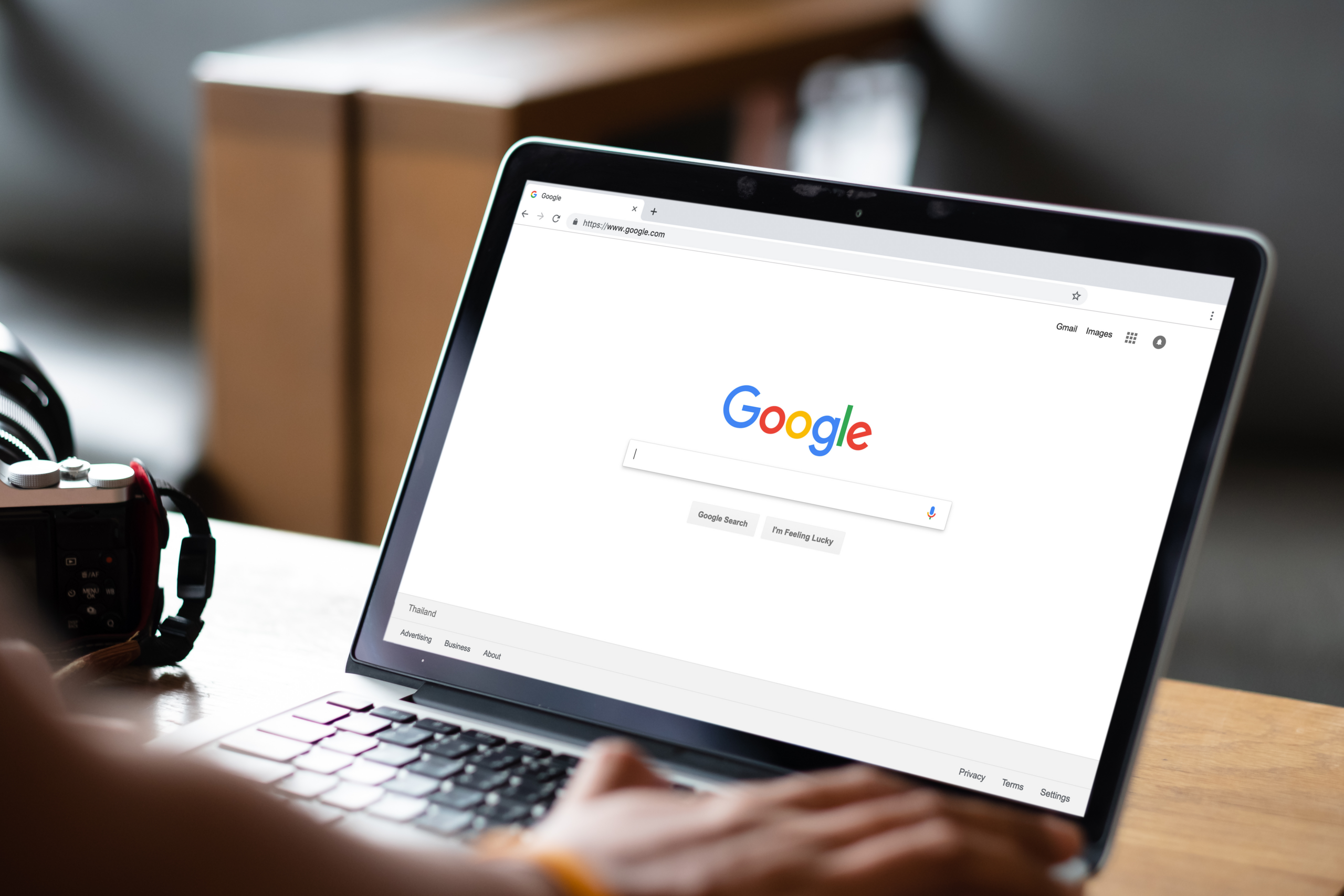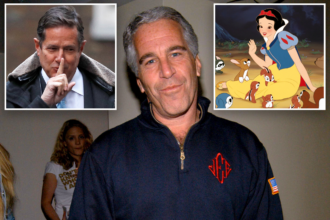Alphabet shares soared Wednesday after a federal judge spared its subsidiary Google from a forced breakup in its landmark antitrust battle — fueling a Wall Street rally that outraged critics blasted as a get-out-of-jail-free card for Silicon Valley’s most powerful player.
Barry Lynn, executive director of the anti-monopoly think tank Open Markets Institute, blasted the ruling, saying it “lets Google and every other monopolist know that even the most egregious violation of law will be met with a slap on the wrist.”
The stock popped 8% in early-morning trading, adding tens of billions in market value within hours.
Apple also gained nearly 4% as investors breathed a sigh of relief that the ruling preserves a $20 billion stream of Google payments to make its search engine the default on iPhones.
“This is a monster win for Cupertino and for Google — it’s a home run ruling that removes a huge overhang on the stock,” Wedbush tech analyst Daniel Ives wrote in a note to clients, raising his price target on Alphabet to $245.
US District Judge Amit Mehta ruled Tuesday that Google can keep its Chrome browser and Android operating system, rejecting the Justice Department’s demand for divestitures.
The DOJ had argued those products cement Google’s stranglehold on search, but Mehta said forced sales went too far.
Instead, the judge barred exclusive contracts that block rivals and ordered Google to share some of its prized search data with competitors — a lighter touch that the company hailed as pragmatic.
“After making the legally sound and morally courageous decision to find Google liable for illegal monopolistic practices, Judge Mehta apparently decided that actually enforcing the law was more than he could stomach,” Lynn said.
Google hailed the ruling.
“This outcome preserves innovation and ensures users continue to benefit from choice,” a Google spokesperson said.
But antitrust watchdogs erupted, accusing Mehta of letting Google off the hook despite finding last year that the company illegally monopolized internet search.
“You don’t find someone guilty of robbing a bank and then sentence him to write a thank-you note for the loot,” fumed Nidhi Hegde of the American Economic Liberties Project.
“Imposing liability in name only is pure judicial cowardice.”
Matt Stoller, a longtime Google critic, called the decision a “weak remedy” that “lets Google keep its monopoly intact.”
The DOJ said it was weighing whether to appeal, arguing that more drastic action may still be needed to restore competition.
Meanwhile, Google is looking past the courtroom drama, betting on its Gemini artificial intelligence platform to power the next era of search — and using Android’s global reach to push it onto billions of smartphones.
The ruling may have capped a five-year legal battle, but the fight over Google’s dominance is far from over. With a separate ad-tech monopoly case still pending, regulators and rivals are circling, even as investors cash in on the relief rally.
Sen. Amy Klobuchar (D-Minn.) blasted the ruling as “a reminder of Google’s sweeping power” and renewed her push for the American Innovation and Choice Online Act, saying Congress must stop dominant platforms from “stifling innovation” and choking off competition in AI.
DuckDuckGo CEO Gabriel Weinberg was even more blunt.
“Google will still be allowed to continue to use its monopoly to hold back competitors, including in AI search,” Weinberg said.
“As a result, consumers will continue to suffer.”
News/Media Alliance chief Danielle Coffey warned that publishers face a “no-win scenario” as Google uses their work to train AI tools without fair compensation, calling the ruling “a missed opportunity.”
Tech Oversight Project head Sacha Haworth said the judge “failed to meet this historic moment” by siding with Google’s dominance in generative AI.
Others defended the decision.
Matt Schruers of the Computer & Communications Industry Association, an organization that is partly funded by Google, said the DOJ had “overreached,” and that forcing Google to share data already poses privacy and national security risks.
Jessica Melugin of the Competitive Enterprise Institute, which also accepts funding from Google, called the ruling “wise” for avoiding a breakup, though she questioned how regulators will define a “qualified competitor” in the data-sharing mandate.
Business-backed groups like NetChoice and the Chamber of Progress praised Mehta for resisting a structural breakup, arguing the case shows how antitrust law lags behind rapid AI innovation.
The Post has sought comment from Google.










